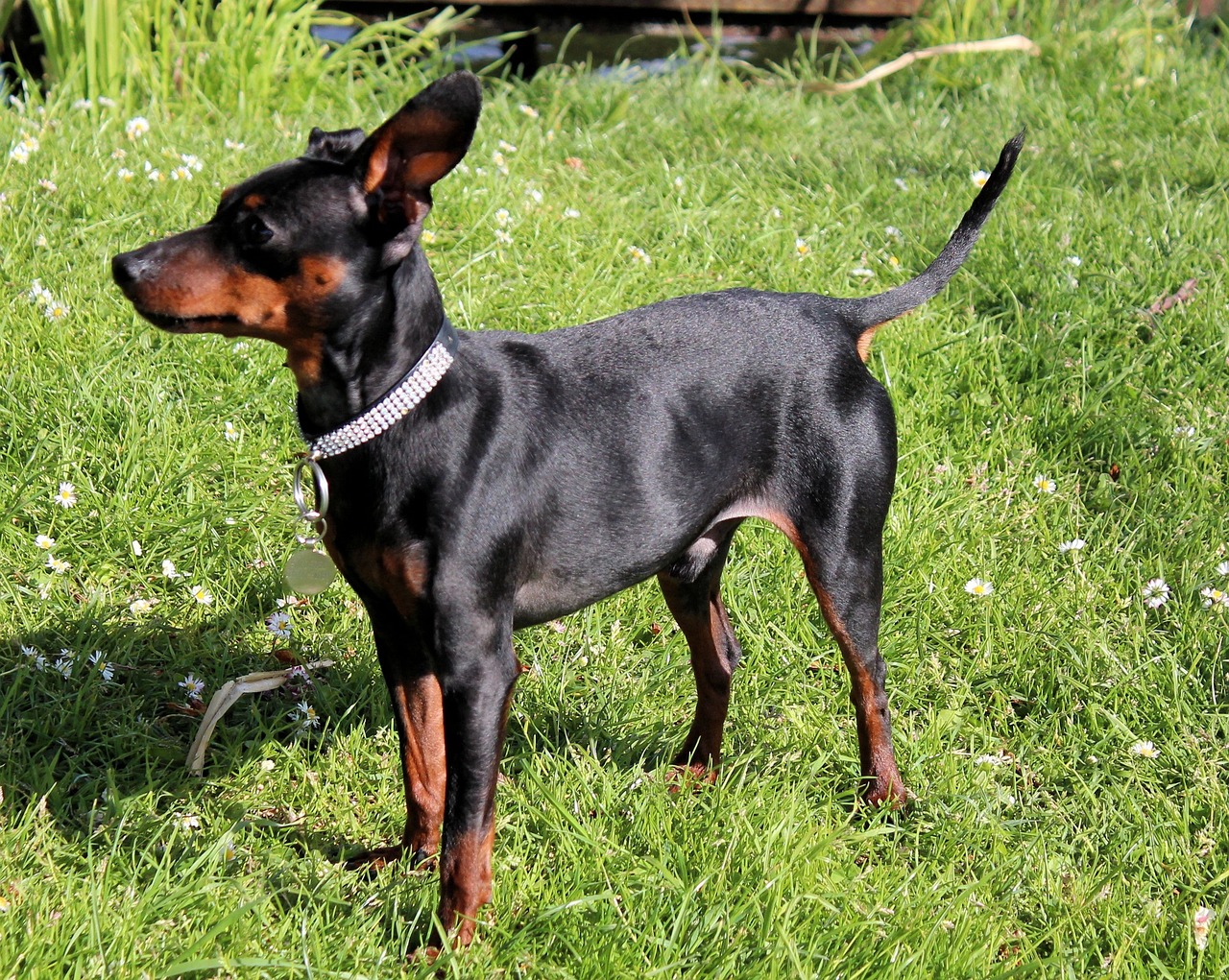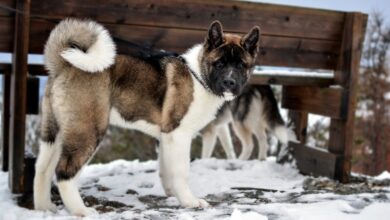How Much Does a Miniature Pinscher Bark?

The Miniature Pinscher, often known for its spirited and confident nature, is a breed that draws attention not just for its looks but also for its vocal behavior. This article provides a comprehensive analysis of the Miniature Pinscher’s barking habits, detailing the reasons behind their barking, comparing it with other breeds, and offering effective management strategies.
1. Barking Characteristics of Miniature Pinschers
Miniature Pinschers are known to be quite vocal. They use their bark to communicate various needs and emotions, alert their owners to perceived threats, or respond to environmental stimuli. Understanding these characteristics is vital for effectively managing their barking behavior.
2. Understanding Why Miniature Pinschers Bark
Miniature Pinschers may bark for several reasons, such as to alert strangers, express excitement, respond to unfamiliar sounds, or seek attention. Barking can also be a sign of boredom or anxiety, particularly if they are left alone for long periods.
3. Miniature Pinscher Barking Compared to Other Breeds
When compared to other dog breeds, Miniature Pinschers are relatively vocal. They are more inclined to bark than some larger, quieter breeds, and their barking frequency can be on par with or exceed that of some smaller, more vocal breeds.
4. Training Techniques for Miniature Pinscher Barking
Effective training is crucial for managing a Miniature Pinscher’s barking. Consistent, positive reinforcement training methods, along with teaching commands like ‘quiet’, can significantly reduce excessive barking. Addressing the root cause of their barking is important for successful training.
5. Exercise and Mental Stimulation for Miniature Pinschers
Regular exercise and mental stimulation are key in managing Miniature Pinscher barking. Adequate physical activity can help prevent barking due to boredom or pent-up energy. Engaging in activities that challenge them both mentally and physically is beneficial.
6. Health and Emotional Factors Influencing Miniature Pinscher Barking
Excessive barking in Miniature Pinschers can sometimes indicate underlying health or emotional issues. Conditions like anxiety, discomfort, or sensory impairments can lead to increased barking. A noticeable change in barking habits warrants a veterinary consultation.
7. Age Impact on Barking in Miniature Pinschers
The age of a Miniature Pinscher can influence its barking behavior. While puppies and younger dogs may bark more as they learn and react to their environment, older Miniature Pinschers might develop different barking patterns due to age-related changes or health issues.
8. Environmental Influence on Miniature Pinscher Barking
The living environment can significantly impact a Miniature Pinscher’s barking habits. A stimulating environment with various sounds and activities may trigger more barking, while a calm and structured environment can help reduce unnecessary barking.
9. Seeking Professional Help for Barking Issues
If excessive barking persists despite training and environmental adjustments, consulting a professional dog trainer or behaviorist can be beneficial. They can provide tailored strategies and support to address specific causes of excessive barking in Miniature Pinschers.
Conclusion
Miniature Pinschers, known for their vocal nature, can have their barking effectively managed with proper training, sufficient exercise, and a suitable environment. Understanding the reasons behind their barking and implementing appropriate strategies can lead to a more harmonious and enjoyable companionship with these lively and assertive dogs.
Frequently Asked Questions About Miniature Pinschers and Their Barking Habits

1. Do Miniature Pinschers Bark More Than Other Dog Breeds?
Miniature Pinschers are known to be more vocal than many other breeds. They frequently use their bark to communicate with their owners, alert them to potential threats, or express their needs. Compared to larger, more reserved breeds, Miniature Pinschers tend to bark more often.
2. What Triggers Barking in Miniature Pinschers?
Barking in Miniature Pinschers is often triggered by environmental stimuli such as unfamiliar noises, the presence of strangers, or other animals. They may also bark when excited, playing, or seeking attention. Sometimes, barking can be a response to anxiety or loneliness.
3. Can I Train My Miniature Pinscher to Bark Less?
Yes, you can train your Miniature Pinscher to bark less. Training should involve positive reinforcement techniques and teaching commands like ‘quiet’. Understanding the cause of their barking and addressing it appropriately is key to successful training.
4. Are Miniature Pinschers Suitable for Apartment Living Considering Their Barking Habits?
Miniature Pinschers can adapt to apartment living, but their vocal nature needs to be managed. Providing them with regular exercise, mental stimulation, and consistent training to manage their barking can make them suitable for apartment living.
5. Is Barking a Sign of Behavioral Issues in Miniature Pinschers?
While barking is a normal mode of communication for Miniature Pinschers, excessive or unusual barking could indicate underlying behavioral issues. It’s important to understand the context of their barking to determine if it’s due to excitement, fear, anxiety, or boredom.
6. How Does the Age of a Miniature Pinscher Affect Its Barking Habits?
The age of a Miniature Pinscher can influence its barking habits. Puppies and younger dogs may bark more as they are learning and reacting to their environment. Older dogs might have different barking patterns, which could change due to aging or health-related issues.
7. Does the Environment Affect a Miniature Pinscher’s Barking?
Yes, the environment significantly influences a Miniature Pinscher’s barking habits. A stimulating environment with lots of noise and activities might cause them to bark more, while a calm and structured environment can help in reducing their barking.
8. Can Excessive Barking Indicate Health Problems in Miniature Pinschers?
Excessive barking in Miniature Pinschers can sometimes be a sign of underlying health issues, such as anxiety or discomfort. A sudden or significant change in barking behavior should prompt a consultation with a veterinarian to rule out any health concerns.
9. Should I Use a Bark Collar on My Miniature Pinscher?
Using a bark collar on a Miniature Pinscher, or any breed, is generally not recommended. These devices can cause stress and do not address the root cause of barking. Positive reinforcement and behavior modification strategies are more effective and humane methods.
10. How Can I Prevent My Miniature Pinscher from Barking at Strangers?
To prevent your Miniature Pinscher from barking at strangers, proper socialization and training are essential. Gradually exposing them to different people in a controlled, positive manner from a young age is important. Training them to respond calmly to strangers and rewarding them for quiet behavior can significantly reduce their tendency to bark in these situations.




